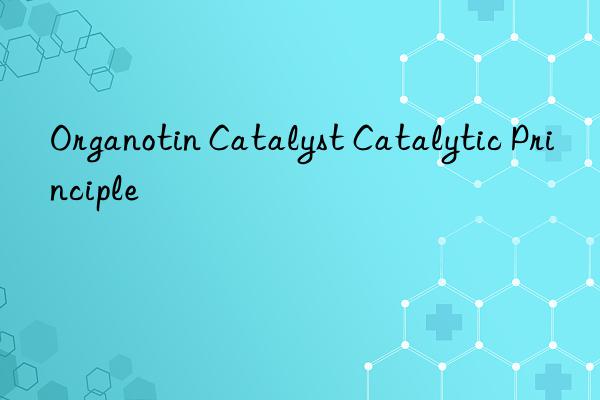
Organotin catalysts refer to organic compounds containing carbon-tin bonds, which can coordinate with the -NCO group of isocyanate to polarize -NCO and make isocyanate The positively charged carbon atoms in the molecule are more active and are easily attacked by the terminal hydroxyl groups of polyol oligomers. In the synthesis of polyurethane, although the tertiary amine catalyst has a certain catalytic effect on the NCO/OH reaction, it has a stronger catalytic effect on the NCO/H2O reaction. Because the influence of steric hindrance on the catalytic activity decreases with the increase of temperature, replacing the group with smaller steric hindrance with the alkyl group with larger steric hindrance can make the organotin compound have higher stability, resistance to hydrolysis and Delaying the catalytic activity, such as replacing dibutyltin with dioctyltin, can delay the catalytic effect.
Organotin catalysts are a class of catalysts used to promote chemical reactions compound. They usually consist of tin atoms bonded to one or more organic groups. A tin atom can act as a Lewis acid, meaning it can accept electrons from other molecules. This can help activate reactants and make them more reactive. Organotin catalysts are used in a variety of reactions including polymerization, crosslinking, and hydrosilylation.
The catalytic mechanism of organotin catalysts is not fully understood, but is thought to involve the formation of tin-oxygen bonds. This bond then acts as a bridge between the reactants, helping them react more easily. Organotin catalysts are often used in combination with other catalysts such as acids or bases. This can help improve the efficiency of the reaction and produce the desired product.
Organotin catalysts have many advantages over other types of catalysts. They are generally very effective and can be used in a variety of reactions. They are also relatively cheap and readily available. However, organotin catalysts can be toxic and must be used with care.
Here are some examples of organotin catalysts and the reactions they are used for:
Dibutyltin dilaurate (DBTL) is used for Catalyzes the polymerization of vinyl chloride into polyvinyl chloride (PVC).
Tributyltin oxide (TBTO) is used to catalyze the crosslinking of silicones.
Hexabutyltin dichloride (HBCD) is used to catalyze the hydrosilylation reaction of alkenes .
Organotin catalysts are important tools in the chemical industry. They are used in the manufacture of a variety of products including PVC, silicone and pharmaceuticals. Organotin catalysts are effective, inexpensive, and readily available. However, they can be toxic and must be used with care.


